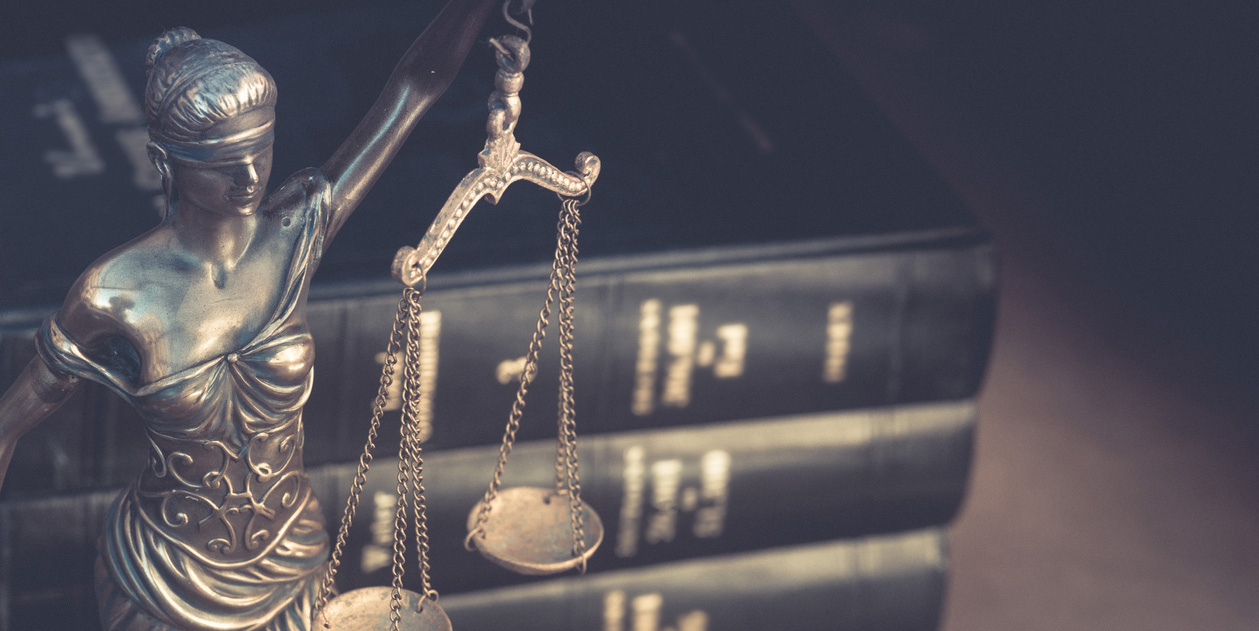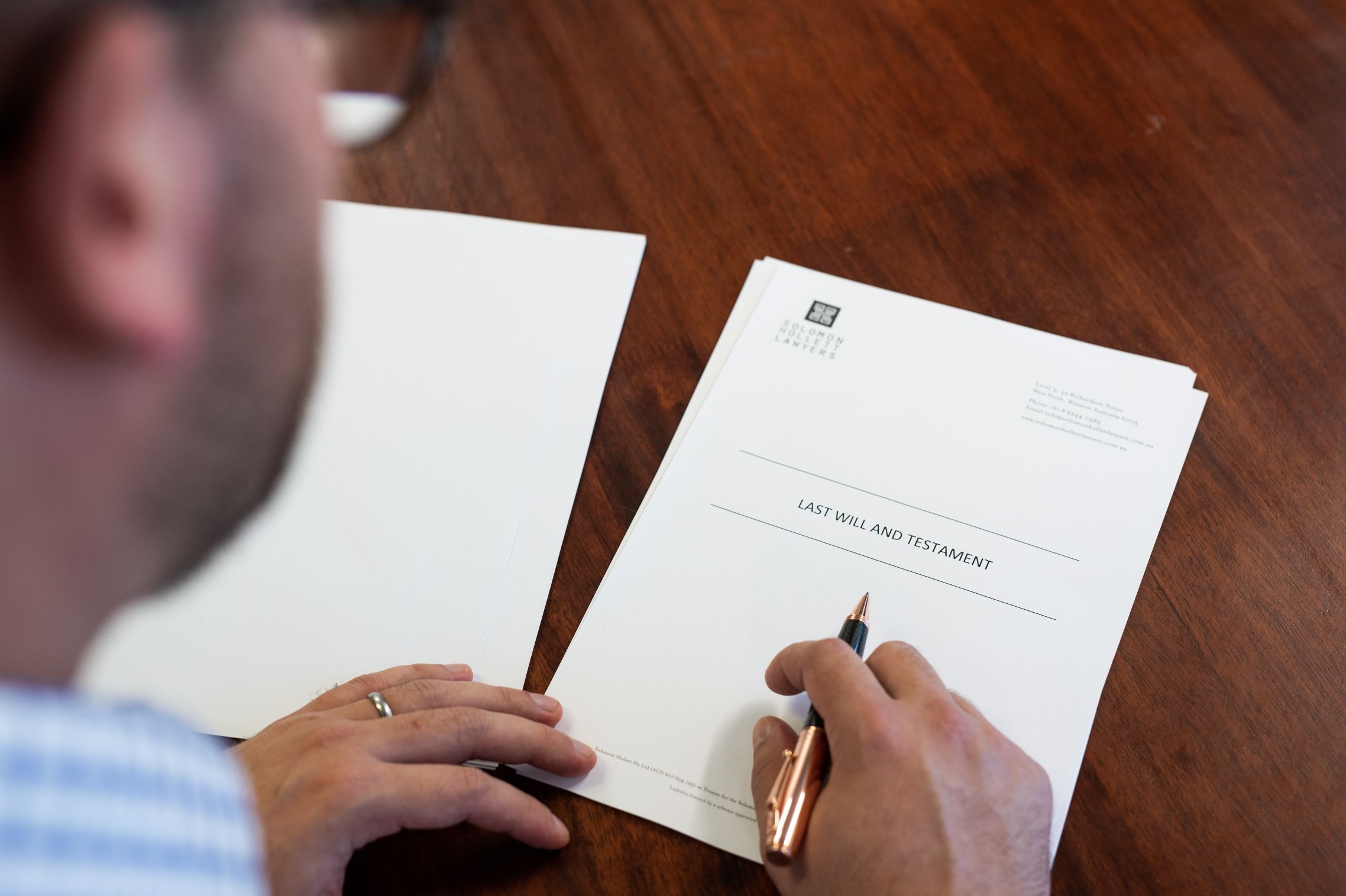A Power of Attorney is a document by which you appoint someone to stand in your shoes, legally speaking, and make financial decisions for you.
It is also known as the most abused legal instrument in Australia.
A Power of Attorney, if properly made (and there are strict formalities that must be complied with as dictated by the Guardianship and Administration Act 1990 (WA) for it to be valid) means the person, or persons if you name more than one, can use deal with your assets as if they were you.
That means it is a powerful, and potentially very dangerous document. It is also an extremely useful document, and a very practical one.
It does not allow your attorney (called the donee, as you giving the power are called the donor) to make lifestyle or medical decisions for you though – those powers are contained within separate documents, namely an Enduring Power of Guardianship and an Advance Health Directive. I cover the powers and value of those documents in my other post, ‘Estate Planning Basics’.
So that is the essence of a Power of Attorney. But it gets more complex from here.
Firstly, there are two basic types – the regular Power of Attorney and the Enduring Power of Attorney.
The difference between them is that a regular Power of Attorney ceases to work immediately you lose mental capacity, for any reason, including dementia or Alzheimer’s but also if you are in an accident and, say, in a coma.
If you lose mental capacity, only an Enduring Power of Attorney will continue to work. At this point, the Enduring Power of Attorney is unable to be revoked, as you, having lost capacity, are stuck with it (unless the Guardianship and Administration Board revoke it for you, say if it is found out the donee is using your assets for their own benefit).
But within those two types there are also variations. You can make either a regular or Enduring Power of Attorney that is unrestricted, that is it applies to anything and everything you have, or it can be conditional. It is not uncommon for someone to make a restricted Power of Attorney for instance that only covers one specifically named bank account, such as if you are travelling overseas and need your spouse or business partner or someone you trust to access it when you can’t.
Another variation is one where it only becomes operable if you are declared incapable due to lack of mental capacity (for which you need a declaration you have lost capacity by the Guardianship and Administration Board).
Unless it is the type that requires a declaration by the Board for it to work, it is a private document; there is no register in WA and no oversight by anyone else or anybody such as the Board. And it is for this reason why it is potentially a very dangerous document.
If you appoint the wrong person, then it is a licence for them to deal with your assets when you are not looking. It can be used to clean out bank accounts, transfer real estate, sell businesses and shares, set up new bank accounts, potentially change your beneficiaries in your Super Fund, and siphon all your assets away.
For this reason, who you appoint is of utmost importance. It is not a document to be given lightly, and those who are given the power need to understand that if they misuse the assets of someone else it is fraud or just plain stealing and potentially criminal sanctions apply.
This risk does not seem to matter, if the amount of abuse of these instruments is anything to go by.
I see, often enough for it to be not unusual, abuse occurring where an elderly person has given the power to one of their children, and then the elderly donor has lost capacity. At this point the Enduring Power of Attorney cannot be revoked.
The temptation of the donee in this case is to start helping themselves to the assets of the elderly parent. It usually starts small, just using mum’s credit card to buy little extras for themselves, or using the key card to take a few hundred dollars extra from the ATM to pay for groceries, and fuel and the like.
But it usually never stops there, and like a bad habit, gets worse until thousands, sometimes hundreds of thousands of dollars have been silently transferred out of the donor’s hands, with no one else knowing.
This practice is so disturbingly common that it has even been given its own name: ‘strip mining’.
There many myths that have sprung up around Powers of Attorney.
If often hear people tell me that as they are the donee for example of their elderly mother’s Power of Attorney, that mum’s Will doesn’t matter, and that they will just start carving up mum’s assets now as if mum is already dead. This is the most disturbing myth of all; that just because a person has been entrusted to be the done that they now have carte blanche to treat the assets as if they were theirs.
This cannot be further from the truth; a done is entrusted to treat the assets only in the interests of the donor. That does not mean strip mining a vulnerable person of their assets and leaving them destitute, no matter how the donee might rationalise their behaviour.
Another myth is that the donee of the Power of Attorney is also going to be the executor of the donor’s Will. The two do not intersect.
A Power of Attorney only works when the donor is alive. The minute they have died the Power of Attorney ceases to be effective, it evaporates, so to speak. It is nothing except a piece of paper at that point. An Enduring Power of Attorney is no different.
A Will is the reverse, in that during a person’s life it is just a piece of paper, that can be changed a thousand times before death if the person wishes, but once they have died it crystallises, and is then set in stone and cannot be varied except by a complex process resulting in an order of the Court.
Whilst sometimes a person makes the same person their Power of Attorney and Executor of their Will (quite usual for spouses, for instance) they are two completely separate and unique documents. Often there is good reason to appoint a different person as your Executor than the donee of your Power of Attorney.
For instance, I once wrote a Will for a client who knew their daughter was a bad donee of her Power of Attorney, and had helped herself to thousands of dollars from her mother’s bank account, but did not have the strength or courage to confront her. Her idea was that on her death, her accountant would be her executor and would then go after her daughter to try and recover the money stolen. A risky strategy, but I understood the incredible emotional difficulty of my elderly client in confronting an overbearing and violent child in her dying days.
Another myth is that once you give a Power of Attorney the donee has effectively given away their rights to make decisions. This is a surprisingly common belief; that once you give a power of attorney you have effectively signed away your own ability to make any decisions yourself. This is nonsense, unless it is an Enduring Power of Attorney and you have lost mental capacity.
Up until the moment you have lost capacity, a donee must work with you and for you, for your own interests at all times – they do not supplant or overtake you.
Finally, all of these risks can be accommodated. The big question in making a Power of Attorney, where it be Enduring or regular, unrestricted or limited, to one person or to three, is who you appoint.
It must be someone you trust implicitly, who will always do the right thing, act only in your best interests and not their own, and who will be ruthlessly honest and upright at all times and be able to resist temptation. Fail to appoint such a person and the risk is high indeed.
If in doubt, always consult your lawyer as to what sort of Power of Attorney you need, and how it may affect you; and never be bullied into making one to someone you do not trust with your financial welfare.








